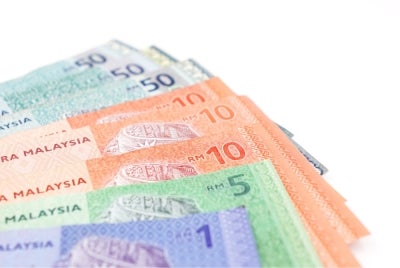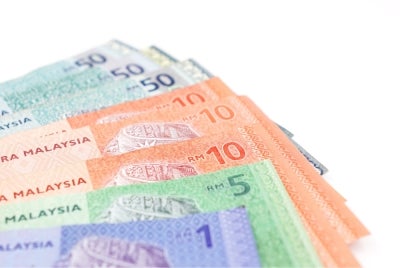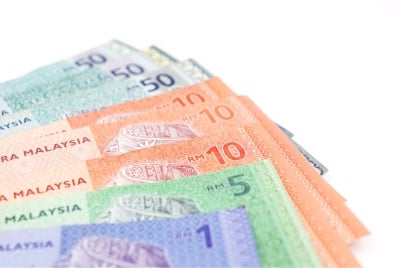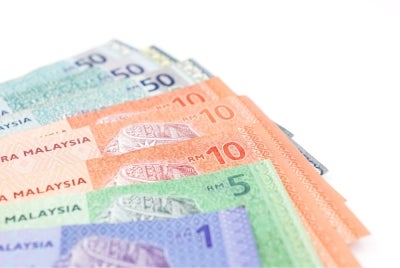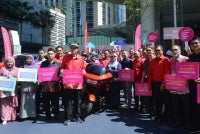Widen revenue base to reduce poverty, inequality in Malaysia - World Bank
10 Oct 2023 08:41pm

Picture for illustrative purposes - FILE PIX
Lead Economist (Poverty and Equity) Dr Matthew Wai-Poi suggested that the country consider a broader personal income tax base, and implement a broad consumption tax with limited exemptions.
"One of the ways to broaden personal income tax base is to expand the sources of personal income,” he told Bernama on the sidelines after the launch of the 28th World Bank Malaysia Economic Monitor (MEM) report, titled ‘Raising the Tide, Lifting All Boats’ here today.
The MEM is the World Bank’s biannual flagship publication on Malaysia’s economic and development progress.
Also present were Economy Minister Rafizi Ramli and World Bank Country Manager for Malaysia, Dr Yasuhiko Matsuda.
Matthew said taxes, transfers and subsidies helped to alleviate poverty, while education and health spending further reduced inequality.
He noted that in 2019, taxes, transfers and subsidies has reduced national poverty slightly by 0.9 points, while education and health spending further reduced inequality by 6.5 points.
Nevertheless, he said taxes and spending in the country are not as progressive compared to those in other upper-middle-income countries.
Matthew said currently, about 90 per cent of personal income tax in Malaysia is paid by the top 10 per cent of the top 20 (T20) income group, roughly equivalent to 10 per cent of their income.
The next 10 per cent of the T20 group only pay 3.0 per cent of their income, although they can afford to pay more, he said.
As for health taxes, he suggested a 0.4 per cent of gross domestic product (GDP) hike in the tax on tobacco and alcohol.
"It's not huge, but together that is nearly 1.0 per cent of the GDP,” he said.
Meanwhile, World Bank Senior Economist (Macroeconomics, Trade and Investment) Shakira Teh Sharifuddin said Malaysia's decline in revenue between 2012 and 2022 was one of the steepest recorded among its peers.
She opined that the lower revenue base is somewhat inadequate to lift the economy.
"In 2022, poverty rate was at 6.2 per cent versus 5.6 per cent in 2019, while 490,000 households still live below the average national poverty line,” she said.
The fight against poverty is one of the Unity Government’s aspirations to eliminate hardcore poverty in Malaysia
In the 12th Malaysia Plan’s Mid-Term Review, RM1.5 billion has been approved for programmes and projects which can generate incomes for target groups in an effort to eradicate hardcore poverty.
Prime Minister Datuk Seri Anwar Ibrahim had said that cash aid and the Rahmah programme will be continued and improved to ensure the continued upgrading of the social security network - BERNAMA
Download Sinar Daily application.Click Here!

